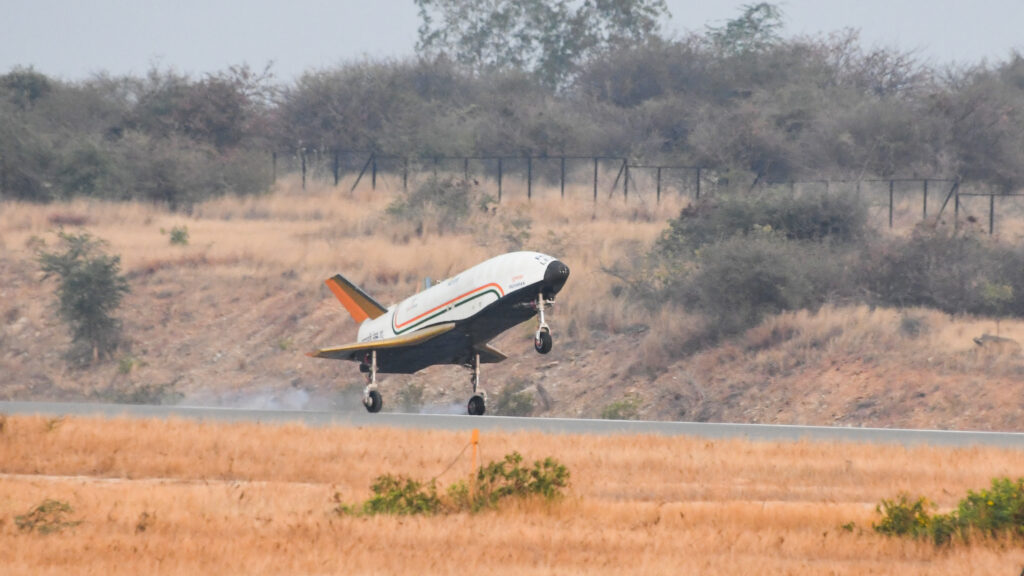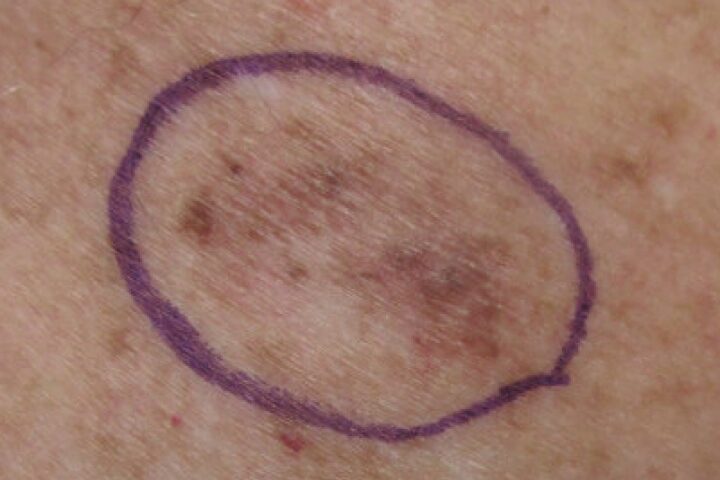The Bio-technology Department of the Government of India announced the completion of sequencing of 10,000 Indian genomes. This initiative is part of the Genome India Project, which aims to create a ‘reference’ Indian human genome by analyzing the complete genomes from 10,000 individuals. Such an endeavor is likened to creating the first ever detailed map of India, showcasing its diverse genetic landscape.
India first sequenced a human genome in 2006, marking the beginning of its journey into genetic mapping. Though 10,000 individuals may not fully represent a country of nearly one and a half billion people, this effort provides a vital template for further research, especially in combating diseases. For instance, in 2009, Indian geneticists, as part of an international collaboration, identified a genetic variant associated with a high risk of heart failure in about 4% of those of Indian ancestry.
Similar Post
India’s vast population includes close to 4,500 population groups, many of which are endogamous, leading to the persistence of rare genetic variants. The Human Genome Project’s completion in 2003, at a cost of nearly $3 billion, promised a future of ‘personalized medicine’ by mapping every gene to a disease. The Genome India Project echoes this vision, although the subsequent years have tempered expectations, recognizing the complexity of diseases and the limited impact of monogenic disorders.
The project underscores the need for the findings to be democratically accessible, promoting collaborations beyond academia to include scientists, students, technology companies, ethicists, and social scientists. This collaborative effort aims to advance India’s self-understanding through genetics. The interpretation of this vast genetic data may vary, underscoring the complexity and diversity of human genetics. Overall, the sequencing of 10,000 Indian genomes is a significant step toward unraveling the secrets of the human genome, marking a milestone in the journey of genomic research in India.


















